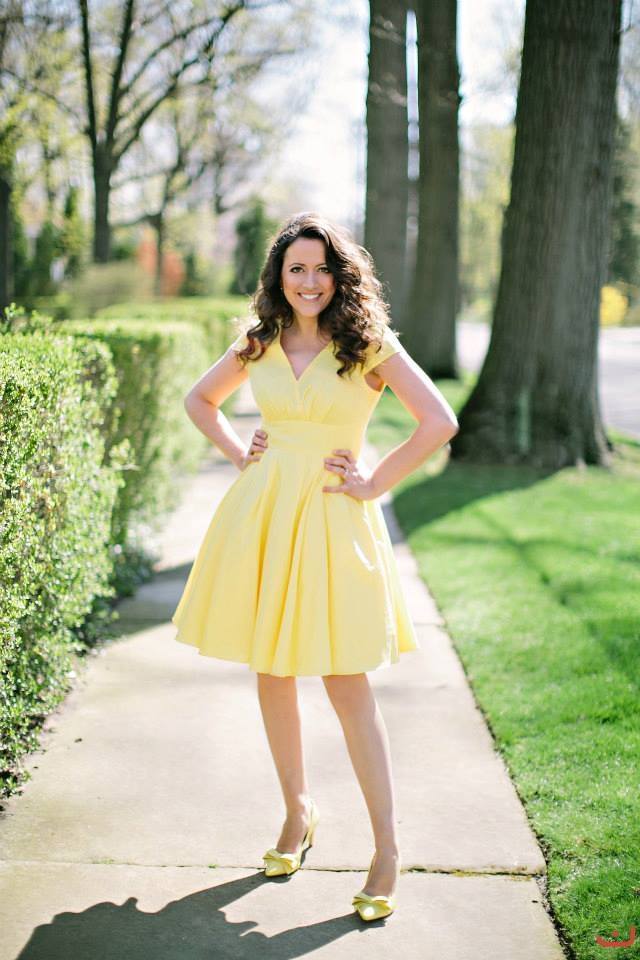Concert info at http://www.tafelmusik.org/concert-calendar/concert/handel-alexanders-feast
JAMES STRECKER: What important beliefs do you express in or through your work?
AMANDA FORSYTHE: I believe that as performers, our most important job is to share our love of the music and create a type of bond with the audience. I try so hard to communicate with the public, and there are incredibly beautiful moments when you can feel energy radiating back at you from an involved audience. It nurtures and buoys our performances, and I think it is this collective spirit that really brings music to life.
JS: How have you changed since you began to do creative work?
AF: I think that in the beginning of my career, I was trying to sing everything “correctly”, with the notes and rhythms sung exactly as they appear on the page. With experience, of course, comes the confidence that you can expressively stretch a note, or dot a rhythm, or take a breath without embarrassment, if it serves to make the music more beautiful, or dramatic, or tragic, or haunting. Of course, you can take these liberties with a fabulous baroque band like Tafelmusik, who are accustomed to collaborating with the singer, and who are flexible and open-eared!
JS: What are the hardest things for an outsider to understand about what you do?
AF: I think many non-musicians imagine that we have wholly glamorous lives, when the reality is that much of our job is writing emails, updating websites, fundraising, and schlepping our gowns, tuxedos, and instruments through airport security. If all we had to do was make music, it would be incredible! It’s true that performing is exhilarating, but most of us have to travel to make a living, and being on the road for a long time can be exhausting and very lonely.
JS: Of what value are critics?
AF: I’m one of those singers who likes to read reviews. Of course, for every 99 good things you hear, it’s the 1 negative comment that you remember! But good or bad, without a review, I almost feel like the performance didn’t happen (If a tree falls in the woods, etc). I think a lot of the most honest reviews come from bloggers, who provide the so-called person on the street opinion. It’s good to know what the public likes, because at the end of the day, they are the ones buying tickets and CDs. We need the critics, to spread the word, to fill the seats, to keep the arts in the thoughts and minds of our potential audiences.
JS: What specifically would you change about what goes on in the world and the arts?
AF: I recently sang with the St. Paul Chamber Orchestra, and my driver from the airport was talking about the new stadium for the Minnesota Vikings, which cost over a billion dollars to build. A billion dollars, and most of it came from the taxpayers! Can you imagine if the arts were given such consideration in our society? Despite numerous studies showing that the arts, and music in particular, provide more learning benefits to children than any other subject, these programs are always the first to be cut in times of financial crisis. I hope that future administrations will place more value on the necessity of the arts in our schools.
JS: Please describe at least one major turning point in your life.
AF: Having kids was a huge turning point for me, and I think it actually helped, rather than hindered, my career. I stopped saying “yes” to the jobs that didn’t pay enough to cover child care, and with less work, had the time to rest and practice between the bigger jobs. But more importantly, I stopped taking myself so seriously. Before kids, I had a whole performance day routine, and now I’m likely to be digging in the garden for worms 3 hours before I walk on stage. My kids make me laugh like crazy, and the joy they bring me carries over to my performances.

